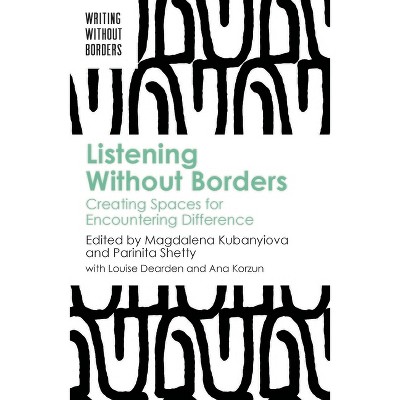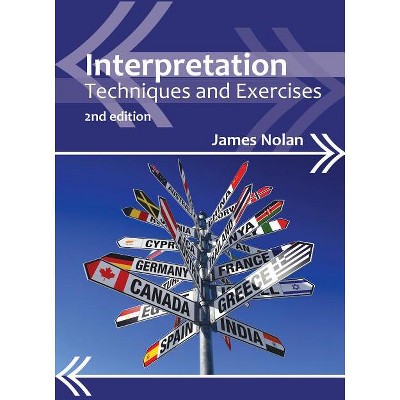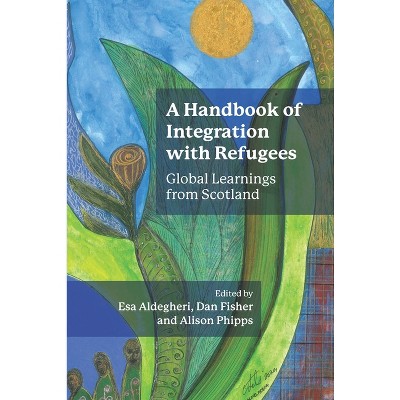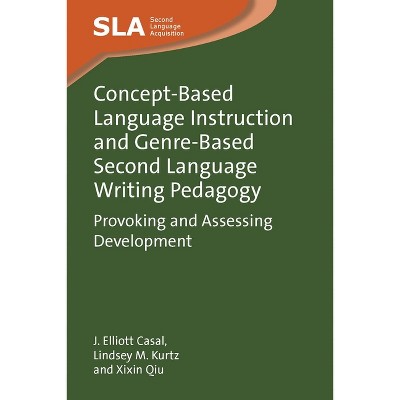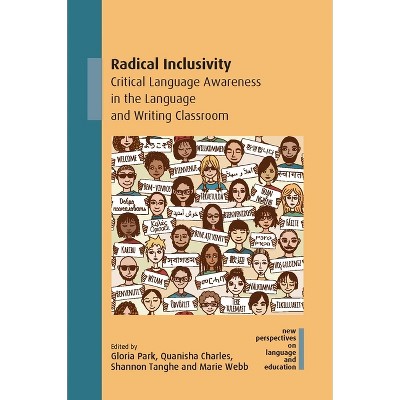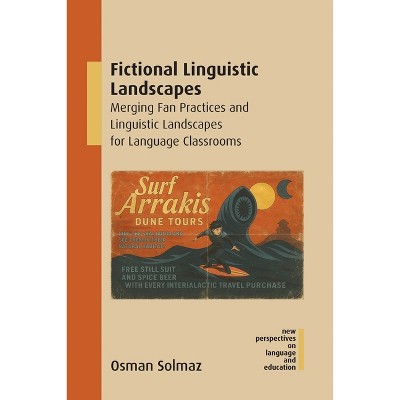Figures of Interpretation - (Writing Without Borders) by B a S S Meier-Lorente-Muth-Duchêne (Paperback)

About this item
Highlights
- This ground-breaking book assembles 31 portraits of people who interpret languages, cultures, situations, institutions and people, and offers graphic interpretations of their collective experience.
- About the Author: B.A.S.S. Meier-Lorente-Muth-Duchêne works in academia.
- 176 Pages
- Social Science, Emigration & Immigration
- Series Name: Writing Without Borders
Description
About the Book
This ground-breaking book assembles 31 portraits of people who interpret languages, cultures, situations, institutions and people, and offers graphic interpretations of their collective experience. They tell a powerful story about the structure of contemporary society and the hierarchical distributions of power that permeate our lives.
Book Synopsis
This ground-breaking book assembles 31 portraits of people who interpret languages, cultures, situations, institutions and people, and offers graphic interpretations of their collective experience. They tell a powerful story about the structure of contemporary society and the hierarchical distributions of power that permeate our lives.
Review Quotes
After Figures of Interpretation, a spilled cup of coffee will never be the same again: it is an everyday reminder that interpretation is always an act of balancing or struggling between unequal powers. The book's great variety of portraits discern the thin line between reinforcing and counteracting the political forces pouring into this violent mess called capitalism.
This original book takes us on a journey through time by depicting the lives of colourful characters and revealing their shared humanity as interpreters. The authors deftly portray the lives of Arokiam, Evans, Darko, Fatima, Bernardino and Antoine and propel the reader into a captivating, often cruel world strewn with injustices.
This book can be read as a collection of historical and contemporary portraits of interpreting subjects. It invites us to understand systems of power and oppression through interpreters' narratives, practices and experiences of inequality. The book offers not only a political account of language, but also a distinctive mode of writing the social and practicing critique.
About the Author
B.A.S.S. Meier-Lorente-Muth-Duchêne works in academia.
Shipping details
Return details
Trending Non-Fiction






